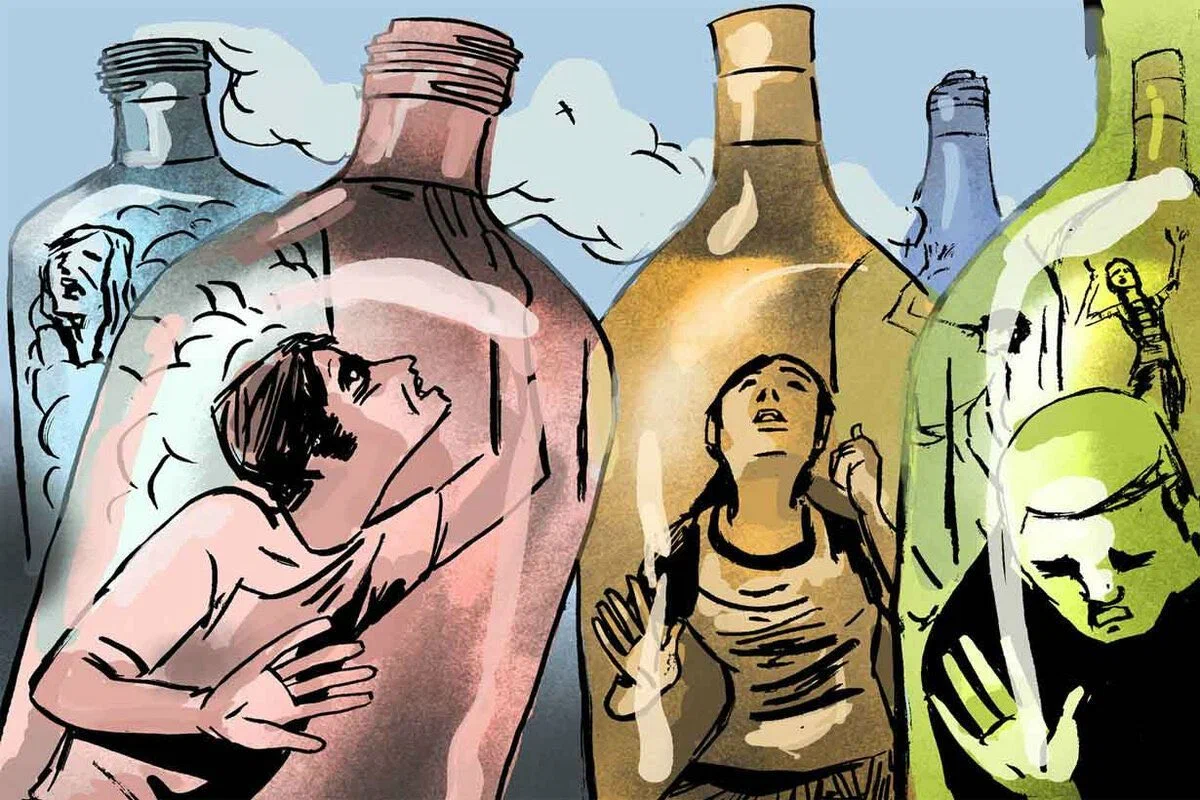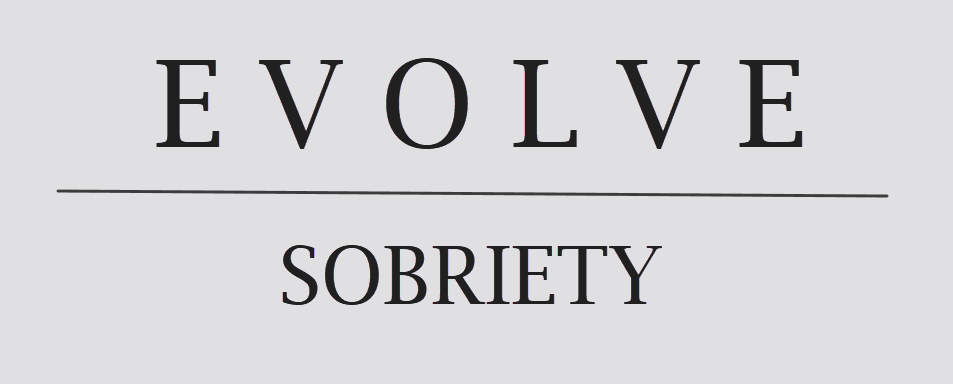Addiction Therapist Counselling
Home / Specialties / Addiction
Addiction And Your Journey To Recovery

Outline Addiction
Addiction is a multifaceted neurological disorder defined by an obsession with pleasurable stimuli, even in the face of negative outcomes. Addiction frequently involves alterations in the brain’s reward system, regardless of whether the addiction is behavioral (such as gambling or gaming) or substance-related (such as alcohol or narcotics). These changes make it difficult for people to restrain their impulses, which makes them continue to use them despite the detrimental effects on their relationships, general well-being, and health. Understanding the complex interactions between biological, psychological, and environmental elements that lead to the emergence and maintenance of addictive behaviors is necessary for the recognition of addiction.
The Warnings Of Addiction
Addiction signs must be recognized from a complex angle. Physical signs could be tolerance, in which the substance must be used in greater quantities to have the same effect, or withdrawal symptoms from abstaining from it. Behavioral indicators include a variety of shifts, including ignoring obligations, taking risks, and experiencing tension in relationships. Cravings, mood swings, and an obsession with getting and using the substance or indulging in the addictive activity are common psychological symptoms. A thorough comprehension of these signs is essential for prompt intervention and successful therapy.
Ways to Handle Addiction Through Therapy
Addiction recovery is a complex process that starts with admitting you need assistance. A vital first step is to seek assistance from addiction counselors and therapists. An evidence-based method called cognitive-behavioral therapy (CBT) assists people in recognizing and changing addictive thought patterns and behaviors. Online or in-person support groups foster a feeling of understanding and camaraderie. Personalized treatment programs, stress reduction methods, and mindfulness exercises can add to a comprehensive approach to addiction management and long-term recovery.
How We Encourage Recovery from Addiction Through Online Counselling In Canada
Throughout Canada, including Ontario, Toronto, Montreal, Calgary, Alberta, Ottawa, Quebec, Manitoba, Winnipeg, Halifax, New Brunswick, Charlottetown, Nova Scotia, Prince Edward Island, Newfoundland and Labrador, St. John’s, and Fredericton, are our carefully placed rehabilitation facilities and addiction counseling services. Our programs place a strong emphasis on an all-encompassing, individualized approach to addiction treatment counselling. We meet each patient’s individual needs, creating a supportive atmosphere for successful recovery through behavioral health practices, dual diagnosis assessments, and specialized outpatient and inpatient therapies.


Programs for Rehabilitation and Treatment
A variety of evidence-based treatment programs are available at our rehabilitation centers, specifically designed to address drug addiction, alcoholism, and other forms of substance abuse. While outpatient programs allow flexibility to those who still have daily duties, inpatient programs offer comprehensive, immersion care. Medical interventions, behavioral therapies, individual and group counseling, and holistic practices like yoga or art therapy are all possible forms of treatment. For a whole recovery process, these programs are developed to treat the psychological, social, and physical elements of addiction.
Mental Health's Significance in Addiction Recovery Counselling
Our approach is centered on the interconnectedness of addiction and mental health. In-depth mental health exams are given top priority in our programs in order to detect and treat co-occurring problems. A comprehensive approach to recovery is ensured by integrating mental health care with addiction therapy. By providing therapy interventions, psychoeducation, and counseling, our goal is to provide people with the skills they need to manage underlying mental health conditions and promote long-term recovery.
Diagnosis and Coordinated Healthcare
Many people who battle addiction also have co-occurring mental health conditions. Our dual diagnosis evaluations are essential for locating and treating these complicated patients. Treatment plans that address addiction and mental health concurrently are guaranteed by integrated care, which encourages a more thorough and successful recovery. The goal of this strategy is to give individualized support for each person’s specific requirements while acknowledging the interconnectedness of these difficulties.
Social Assistance and Therapy
Our programs include extensive aftercare services because we understand that sustainable recovery takes place outside of official treatment. Groups for the community, both inside and outside our institutions, offer constant support and a feeling of inclusion. Each person’s aftercare plan is unique and includes techniques for overcoming obstacles in daily life, avoiding relapse, and cultivating a peer and mentor support system. Our dedication to long-term recovery depends critically on our continued involvement in the community.
Conclusion
Our programs include extensive aftercare services because we understand that sustainable recovery takes place outside of official treatment and therapies. Groups for the community, both inside and outside our institutions, offer constant support and a feeling of inclusion. Each person’s aftercare plan is unique and includes techniques for overcoming obstacles in daily life, avoiding relapse, and cultivating a peer and mentor support system. Our dedication to long-term recovery depends critically on our continued involvement in the community.
